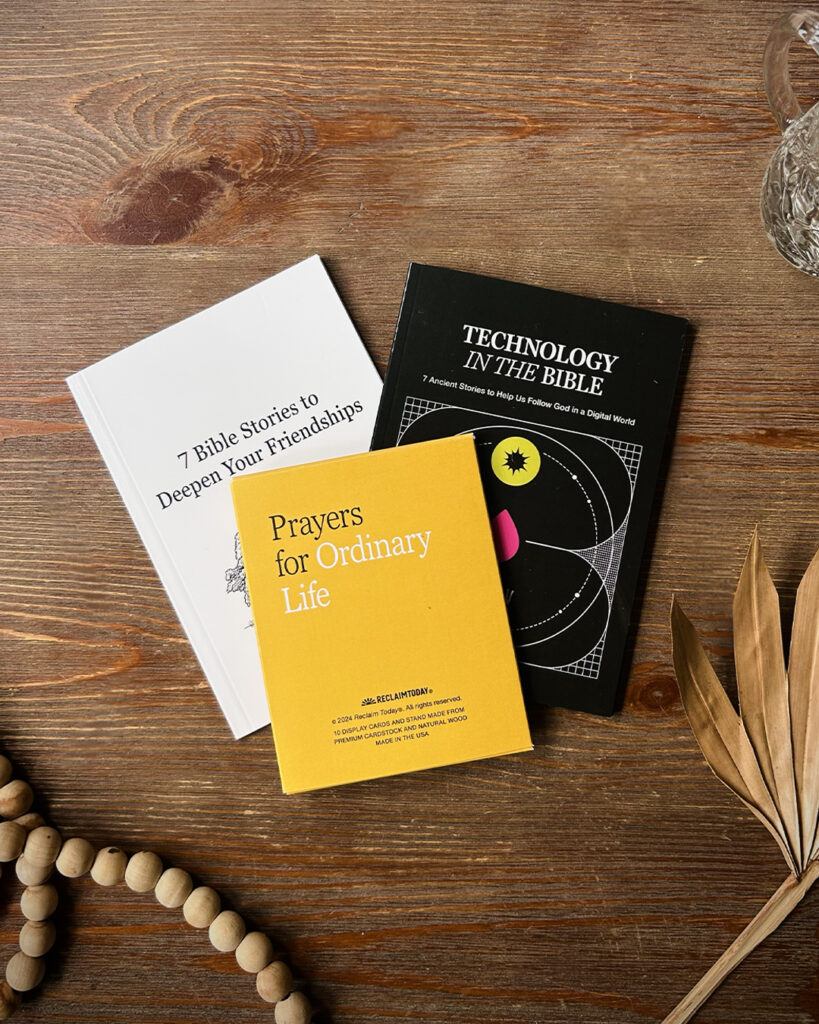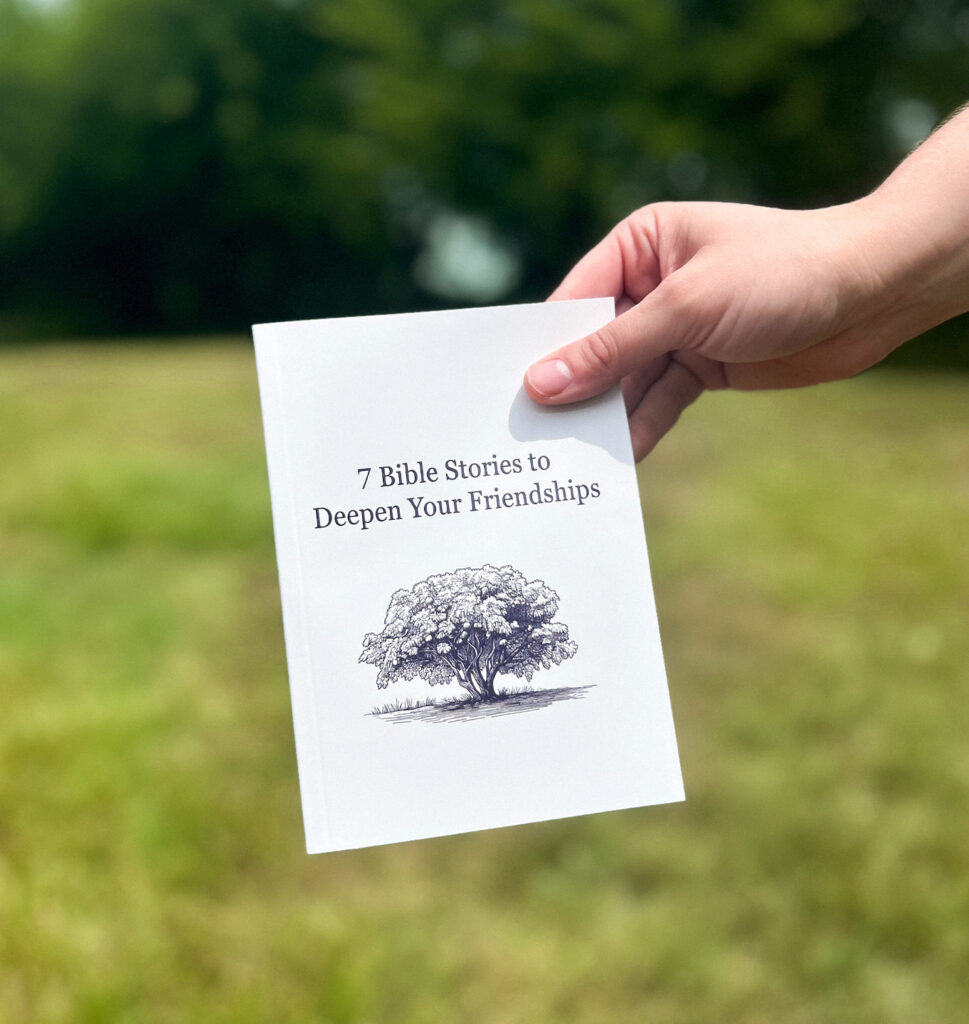cw: mental health, depression, suicidal thoughts, undereating
Sometimes depression feels like drowning. My head is above the water, but you can’t see how hard I’m kicking just to stay above the surface. Other times, on sunny days when cheeriness should be as natural as breathing, my head is trapped in a nagging gloom that whispers to my subconscious, “You’re not supposed to have fun.” I feel like a black hole: I absorb happiness and light, yet my heart is still dark. I worry my presence will drain everyone else’s joy too, so I rationalize, “They’d be better off without me.”
Like a wave, depression can be long or short, a ripple or a tsunami, with interwoven visible and invisible causes. Sometimes depression swells suddenly and unexpectedly, while other times it starts small, piling up on underlying pain and exhaustion. It veils itself in different disguises each time it decides to creep back into my life.
My wave of depression from Fall 2020 to Fall 2021 began as weariness built on the backbone of a year of shattered plans and constant change amidst the COVID-19 pandemic. At first, I thrived during the lockdowns. A passionate introvert, quarantine gave me time to tackle tasks I’d neglected. However, when you keep carefully constructing your new sense of normal and storms continually topple it down, even the best of us struggle to hold ourselves together.
As the pandemic clenched its fist, winter’s chill began to seep into my home, and depression’s shadow flooded my mind. Usually, winter fills people with cozy memories of homemade soup, hot drinks shared with friends, and the smell of spice-scented candles glowing on the kitchen counter. Winter—especially a pandemic’s winter—is supposed to make the home a refuge, a retreat where you can be safe from the visible and invisible storms of the world.
But instead, in my home and my own mind, I was trapped in winter outside and winter inside. My life grew numb, and I had to find ways to cope with and distract from the pain. I tried desperately to build a routine and habits to tell myself that even though I was down, at least I wasn’t sitting around doing nothing. But even on busy days, I shared the pain of the author of Ecclesiastes: everything felt meaningless (Ecclesiastes 1:14).
In the kitchen, I was wildly creative, making Montréal bagels, black bean brownies, buttery brioche, vibrant salads, fluffy cornbread, and fresh hummus. Yet the very thought of eating triggered spiraling thoughts that my diet wouldn’t be “good enough.” And so, I ate less, overthought more, smiled less, cried more, and wished I could die more. I felt like Elijah in 1 Kings 19: exhausted and done with my constant struggle. The more I tried to control the little I could in my life—my routines, my food, my interactions, and activities—the more control slipped through my fingers. I was sinking.
Friends and family approached me in private, noting their concerns. I insisted I was just tired or feeling “a bit down,” but I was tired of feeling this way every day, like a night with no stars. Eventually, I stopped telling myself the lie that I could solve all my own problems. I knew I was not fine, and finally, made the decision with my mom to start meeting with a Christian counselor again. Though it was discouraging to return to counseling and be reminded of the waves of darkness I’d been through in my past, it also reminded me that I’d survived those storms and grown through my previous struggles. I found comfort in reading Psalms like Psalm 116 and Psalm 42, remembering that I wasn’t alone in my struggle: it is part of the reality of living in a world broken by sin.
Slowly but surely, over the summer and fall of 2021, the winter in me began to thaw. After a few months of counseling, with the advice of my counselor and a nurse, and despite my apprehension, I went on prescription medication to supplement my other mental health supports. Medication isn’t right for everyone, but for me, it was worth the headache and insomnia. Within the first day of starting my prescription, my mind felt clearer and less weighed down and foggy. That little step I feared so much was the final nudge to raise my head above the clouds. People noticed I now carried myself more confidently and had a lighter look in my eyes. I smiled more real smiles. I initiated and engaged in conversation. For so long, I’d identified myself with these symptoms of depression, but now I felt more like myself than ever.
Reflecting on this wave of depression isn’t easy. The pain is still fresh and can be triggered by random things. But as I look at the darkness now, I can also see the goodness. I see the beauty. I’m thankful for all I learned during that dark year, even in my mentally sick state.
It seems backward that experiencing depression might have benefits, but it can. I’m constantly reminded that Jesus “comforts us in all our troubles, so that we can comfort those in any trouble with the comfort we ourselves receive from God” (2 Corinthians 1:3-4). My mental health experiences enable me to empathize with and support others through challenges in a way I might never have been able to otherwise.
Even in life’s long winters, when we remember that every glimpse of goodness comes from our good God, we’ll be amazed at all the beauty in life’s long winter, like twinkling stars in a dark night (James 1:17). Depression may be a lifelong battle against the rising and falling storm, but all waves subside eventually. The night does not last forever, and one day, Jesus will wipe away every tear and there will be no more pain or suffering (Revelation 21:4). That gives me hope and joy for today.
Disclaimer: We are not experts on mental health. If you find yourself struggling with depression, or similar mental health issues, we’d encourage you, like Abby, to also seek the help of counselors and medical professionals.




